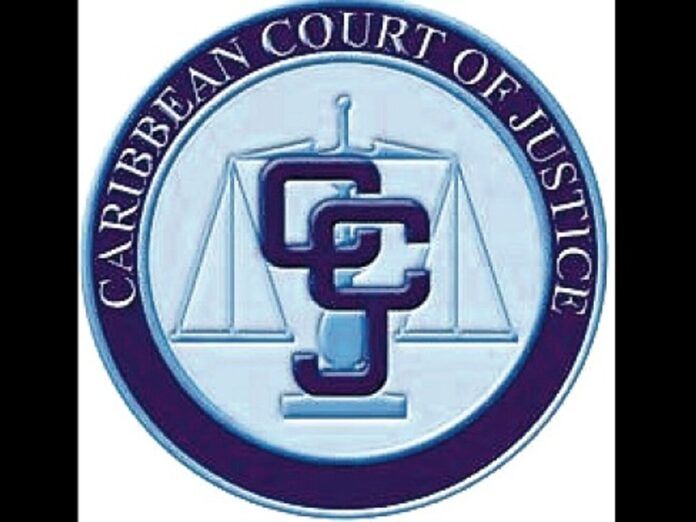
PORT OF SPAIN, Trinidad, Jun 10, CMC – The Caribbean Court of Justice (CCJ) has outlined the reasons behind its decision to dismiss an appeal and allowed the freezing order to remain in place in a matter involving the Attorney General of Dominica and three people.
in February this year, the CCJ, Dominica’s highest and final court, dismissed an appeal involving Jhawnie Gage, Arah Paule Cecil Davis, Edgar Augustus Peltier, and the Attorney General.
It, however, did not outline the reasons for the decision until Monday, June 9.
According to the CCJ, in December 2014, the High Court issued an order freezing certain assets belonging to the three appellants under the Proceeds of Crime Act.
The appellants applied to the High Court to discharge the freezing order but were unsuccessful. The decision of the High Court was upheld by the Court of Appeal, and the appellants then appealed to the Caribbean Court of Justice (CCJ).
The main issue before the CCJ was whether the Attorney General’s failure to register the freezing order as a charge on a piece of registered land called Shawford Estate should result in the discharge of the freezing order as it pertains to that property. Issues of delay and the 2022 Amendment Act were also considered by the CCJ.
In the judgment authored by Justice Rajnauth-Lee, the CCJ ruled that the purpose of registration ‘as a charge’ was to notify innocent third parties who may wish to buy or deal with the registered property.
It said the registration would note that the Attorney General was claiming a legal interest in that property under the Proceeds of Crime Act, and therefore that ‘charge’ had priority over any subsequent dealings on the property.
Failure to register the freezing order as a charge, therefore, did not result in an automatic discharge of the freezing order. The CCJ noted that the parties remained bound by the freezing order until it was discharged by a court.
Although the CCJ acknowledged that the Attorney General took a long time to register the freezing order, it found that this delay did not justify the discharge of the freezing order. The CCJ emphasised the importance of laws aimed at preventing criminals from profiting from illegal activities.
The CCJ also addressed the impact of the 2022 Amendment to the Proceeds of Crime Act, noting that this amendment removed the provision from the former legislation that a freezing order would be ‘of no effect’ if not registered as a charge and replaced it with a provision that allows the Registrar of Titles to order the entry of a caveat on an application by the Attorney General.
The CCJ held that the amendment did not affect the outcome of these proceedings since there was no question of the amendment reviving a ‘dead’ freezing order, as the freezing order never ceased to exist.
It dismissed the appeal and allowed the freezing order to remain in place, except for the obligations for disclosure that had already been discharged by the Court of Appeal.
Meanwhile, lawyers for Gage et al told Nature Isle News (NIN) that, “This is not the end of the matter.”
“The CCJ appeal related only to the Freezing Order and does not determine the matter. The Recovery proceedings will continue before the High Court to determine if the property should be frozen. The CCJ lamented on the delay in the prosecution of the matter as the Freezing Order had been in effect since 2014, and said these matters should be dealt with at a quicker pace.
CMC//gh/ir/2025

